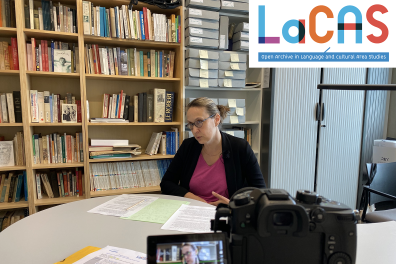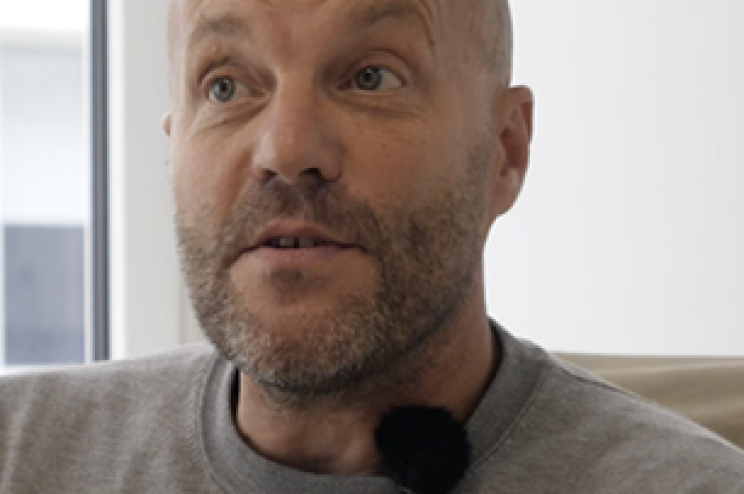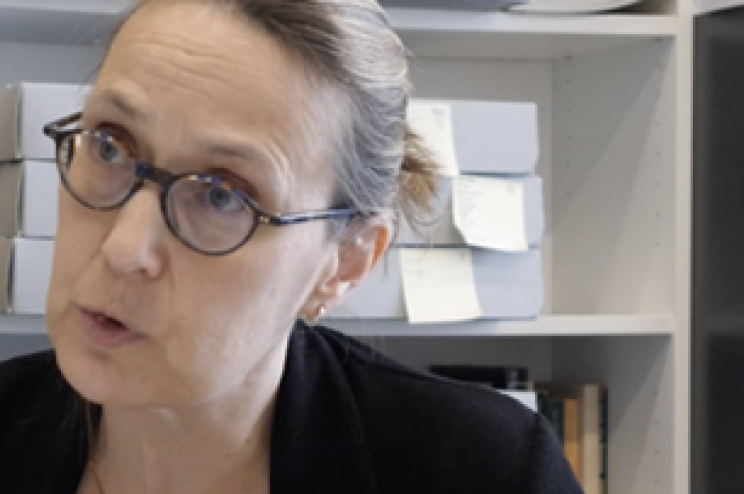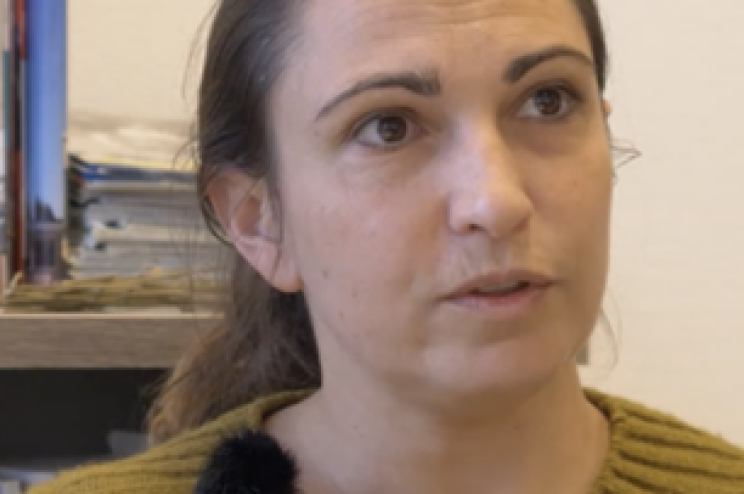The latest LaCAS I-DEA talks: geography of health in West Africa, literature from the United States and anthropology of inhabitation in Vanuatu

The interviews of the I-DEA program (Illustration and Documentation of Areal Studies) present themes studied by a researcher in areal studies, approached from different angles: problems, fields, methodologies, issues. Every two months, discover the latest interviews, available on HAL and the LaCAS platform.
Latest I-DEA interviews

The geographical determinants of health events in West Africa, interview with Emmanuel Bonnet (IRD)
Emmanuel Bonnet, Director of Research at IRD, presents his background and research activities in West Africa, where he works on the geographical determinants of health events. His research mobilizes social science and engineering science methods in the field of geographic information and spatial analysis. View

A historian's approach to the literature of the United States, interview with Cécile Cottenet (Aix-Marseille Université)
Cécile Cottenet, professor of American civilization at Aix-Marseille Université retraces part of her academic career and specifies some of the issues involved in interdisciplinary research in so-called American studies, at the intersection of African-American studies, the history of publishing, and the history of literature. View

An anthropology of living in Vanuatu: material culture and house-building techniques, interview with Marie Durand (University of Strasbourg)
Marie Durand, Senior Lecturer at the University of Strasbourg, has been working in Vanuatu on the construction of customary houses using plant and local materials, and those using imported materials such as concrete. Using ethnographic methods mobilizing, among other things, active participation in construction sites, she questions how the built environment also produces people and social collectives, lineages and their links to island territories. View